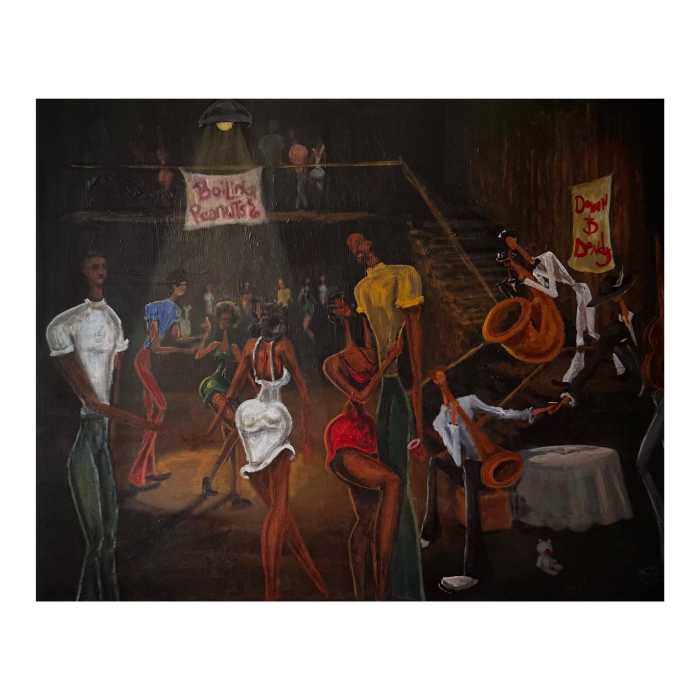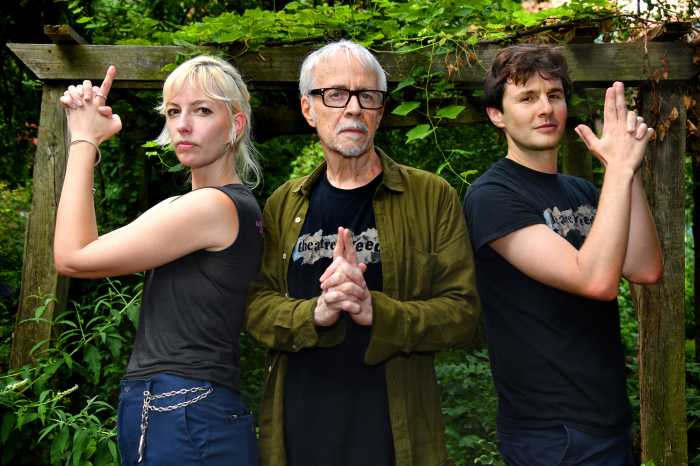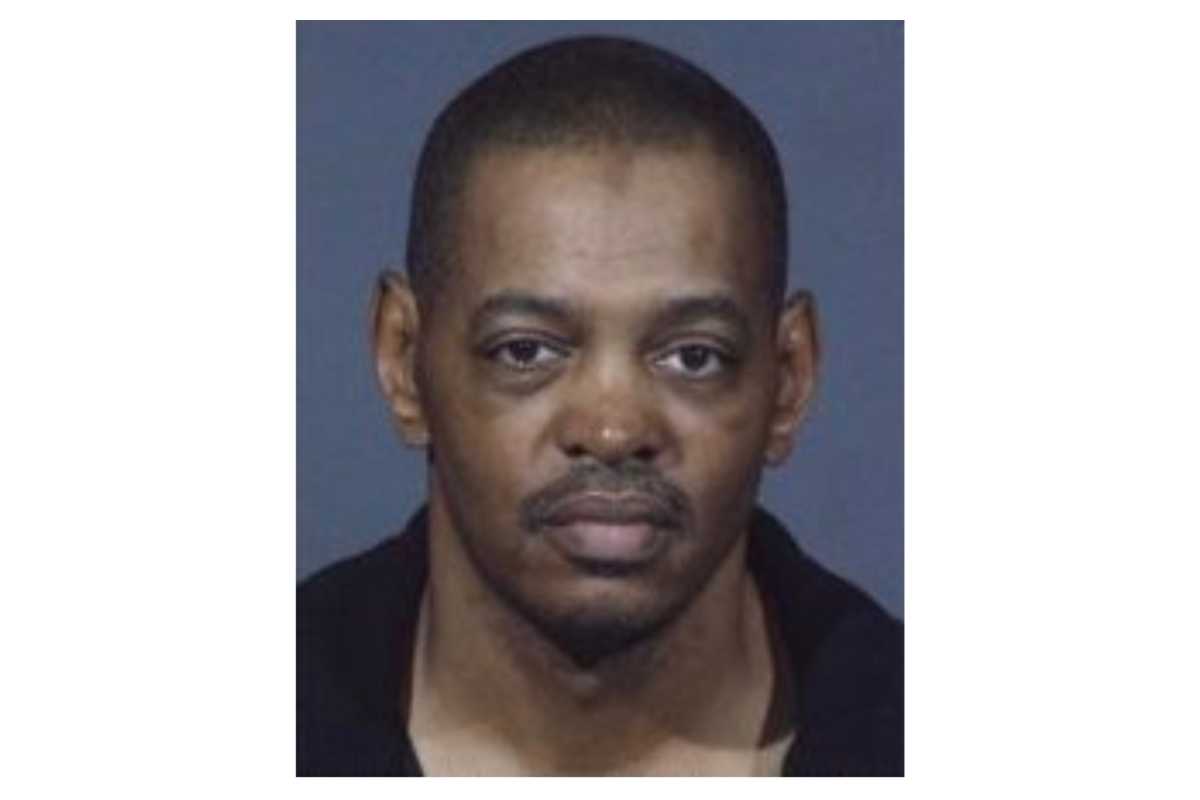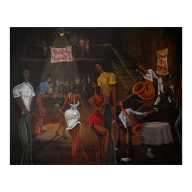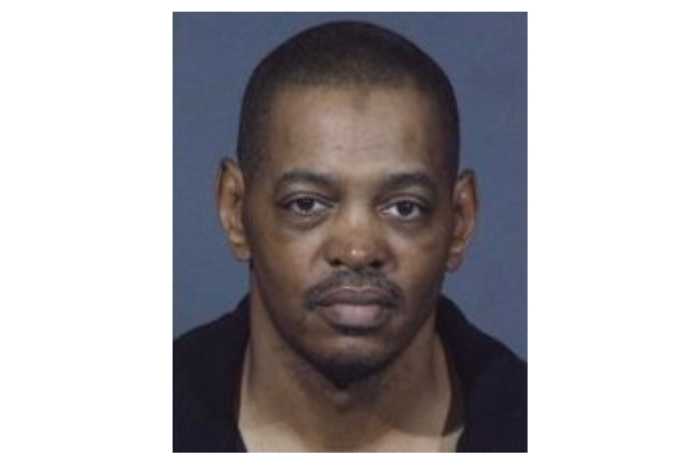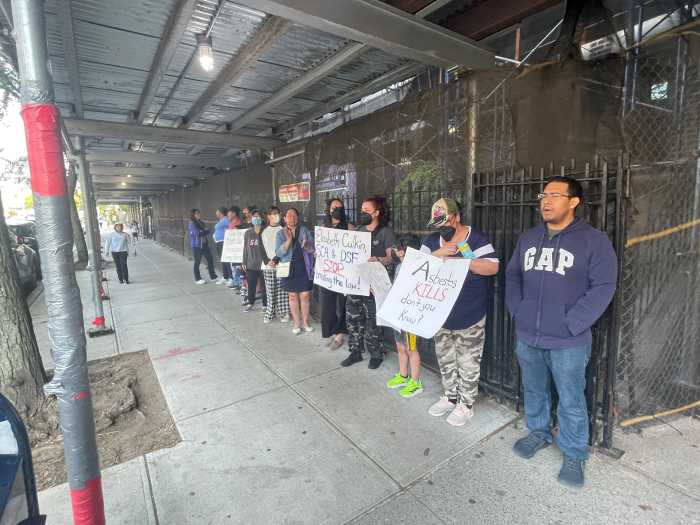By Jerry Tallmer
Japanese women have for hundreds, maybe thousands of years, pursued the delicate, intricate social ritual of sharing tea and talk together, but not always to the rather un-Japanese background beat of “Don’t Sit Under the Apple Tree With Anyone Else But Me” or “How Much Is That Doggie in the Window?” or — yes — “My Country, ’Tis of Thee … ”
These ladies, you see, four friends plus the one who has (drastically) departed from them, are here in the States by virtue of wedlock. They are what were once called Japanese war brides, fish out of water in the very different cultural environment in and around Fort Riley, Kansas, where the World War II G.I.’s who married them and brought them home to America are now stationed.
“I was born right outside Tokyo, but I grew up in Junction City, Kansas,” says Velina Hasu Houston, the playwright whose 1987 “Tea” has, on its 20th anniversary, been re-mounted as one of the keystones of — as it’s billed — “the first-ever National Asian American Theater Festival,” June 11-24 in various venues of this city.
“I used to sit around in the background, and listen to my mother and her friends as they were having tea in Kansas,” says Ms. Houston — herself of mixed parentage — on the phone from Los Angeles. Her (now 78-year-old) 100-percent Japanese mother — “from a quite affluent family of merchants” — is the model for the level-headed character named Setsuko in the play. The playwright’s father, the late Lemo Houston — “pronounced like that street in New York” — was the offspring of a black American father and native American mother. “My father, who had been an MP on Guam, used to tell me: ‘I killed your mother’s people. I had to do it.’ ”
Many years later, in her research for “Tea,” Ms. Houston went back to Kansas and interviewed some 50 of her mother’s old Japanese girlfriends or other women of the ages of those girlfriends.
“I wanted to represent a unique chapter of Japanese immigration history that we don’t see in history books — the fortitude of these women in the American Bible Belt. Some had positive stories, some had tragedies. Actually they ran the gamut from upper class to middle-class to lower class.
“They had been and sometimes still were subject to stereotyping. Audiences would ask, reporters would ask, even scholars would ask me: ‘These girls were all bar girls and prostitutes, weren’t they?’
“Part of it was the Madame Butterfly myth. They were also looked upon in some quarters as people who had betrayed their own countrymen and countrywomen.”
Some had tragedies: Velina Houston, that child on the fringes of her mother’s tea sessions, kept her ears open. In the play there is a suicide by drowning (kimono sleeves packed full of stones), a suicide by rifle, and a troubled young woman’s gruesome death that locks into those other two deaths. There is also some unexpected black humor (dramatically, not ethnically black): Himiko, the war bride at the center of the play, saying: “I’m about as Japanese as corn flakes … and I killed my husband because he laughed at my soy sauce just one time too many.” Soon after that she pours beer upon his grave — the brew he loved so much when he was alive.
It was 25 years ago, at a playwrights’ retreat in West Virginia, that Velina Hasu Houston met another young woman, Tisa Chang, who would do as much in her own way for Asian-American drama, from the producing and directing end. Back then, Tisa Chang had already founded the Pan Asian Repertory Theater which this year celebrates its own 30th anniversary with “Tea” (June 11-17) to be followed by Cherylene Lee’s “Carry the Tiger to the Mountain” (June 20-23), both at the West End Theater in the Church of St. Paul and St. Andrew, West End Avenue at 86th Street.
Ms. Chang’s Pan Asian Rep is one of the Festival’s three “executive” members, the other two being Jorge Ortoli’s Ma-Yi Theater and Mia Katigbak’s NATCO (National Asian American Theater). The entire 13-day fete embraces 30 different shows in all five boroughs.
The “Tiger” play, first done by Pan Asian Rep in 1998, is about the racial hate-crime murder of Detroit autoworker Vincent Chin in June of 1982 — just 25 years ago — a case that rocks the Chinese-American community, and not just that community (the guys who killed Chin thought he was Japanese), to this day.
Tisa Chang, born in Chunking “a long time ago, before the Communist takeover,” came to this country at the age of 5 or 6, and grew up in New York, where her father, Chang Ping-Hsun, was Chinese Consul General from 1946-57.
As so often in stories about New York theater in the 1970s, a third woman enters the picture, and her name is Ellen Stewart. It was as a dancer-actress at La MaMa that Ms. Chang asked Ms. Stewart — La MaMa herself — for a chance to direct, and the result, in 1973, was “The Return of the Phoenix,” a Peking opera “inculcated with Chinese values and codes.”
It opened “on a shoestring, during the Death Slot — July 4 weekend. Fortunately, [the late] Richard Shepard of The New York Times came down to East 4th Street and loved the show, praised it.”
Four years later, Tisa Chang was on Broadway for six months in David Rabe’s “The Basic Training of Pablo Hummel,” opposite Al Pacino. While in it, she started the Pan Asian Repertory Company — “paid for by earnings from the Broadway show.” A production of R.A. Shiomi’s “Yellow Fever,” in which a Japanese detective solves a murder in Chinatown, “put us on the map.”
Helping bring the project to birth was the actor Ernest Aruba of “Pacific Overtures” — “he’s my ex-husband and he’s gorgeous and very talented and he’s still helping.”
Velina Houston’s “Tea” was first done in 1982 by the Manhattan Theater Club at the New York City Center. The current production is directed by another Tina — Tina Chen — and the tea drinking women, each of whom wants their tea done another way, weak, strong, hot, cool, are played by Jo Shui, Akiko Hiroshima (possibly a stage name), Ako (no other name), Karen Tsen Lee, and Momo Yashima (sister of Broadway and Hollywood’s Mako).
Throughout the play, each and all of these ladies interject, at intervals, a short spare syllable that sounds like neh. “It just means ‘You know’ or ‘Isn’t it so?’ or ‘Isn’t that right?’ ” says Tina Chang.
When she and Velina Hasu Houston first met, Ms. Houston — says Ms. Chang — “lamented that the younger generations don’t know about Asian classics. I said: ‘You know, we’re doing classics.”
Neh, neh. Isn’t it so?
For National Asian American Theater Festival schedule and other information, call (212) 352-3101, or go to www.NAATF.org.
For Pan Asian Repertory productions call (212) 352-3101 or (212) 868-4030 or go to www.panasianrep.org.




